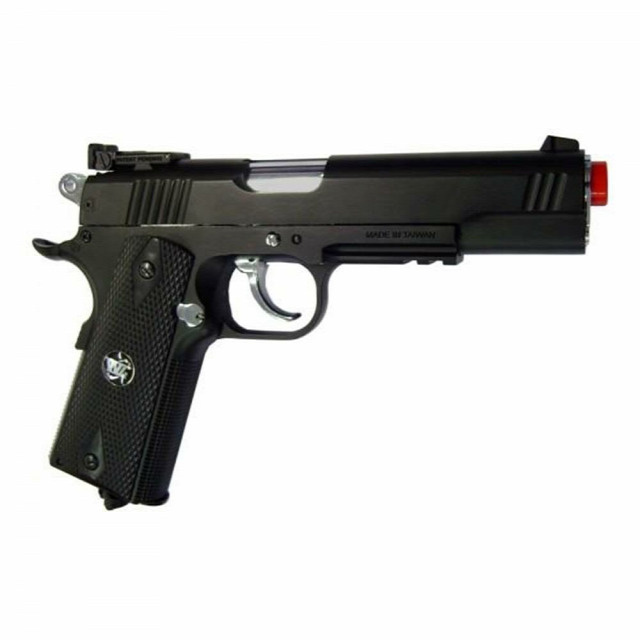
In law enforcement, realistic training is vital for preparing officers to handle high-stress situations effectively. Airsoft weapons have found a valuable role in police training by providing a safe and cost-effective way to simulate real-life scenarios. In this article, we explore the use of armi softair for police training and the benefits they offer.
Realistic Scenario Replication: Airsoft weapons are designed to mimic real firearms in appearance and function. This realism allows police training scenarios to closely replicate actual situations, enhancing the effectiveness of training.
Safe Training Environments: Airsoft guns fire non-lethal plastic BBs, making them an inherently safer option than live firearms. Officers can engage in training exercises without the risk of causing harm to themselves or others.
Cost-Effective Training: Traditional firearms training can be expensive due to the costs of ammunition, range time, and equipment maintenance. Airsoft weapons offer a more budget-friendly alternative, making it easier for law enforcement agencies to conduct regular training.
Force-On-Force Training: Airsoft weapons facilitate force-on-force training, allowing officers to engage in scenarios where they confront simulated adversaries. This type of training helps officers develop decision-making skills and practice de-escalation techniques.
Immediate Feedback: Many airsoft guns feature semi-automatic or automatic firing modes, providing immediate feedback on shot accuracy and marksmanship. This feedback helps officers improve their shooting skills.
Versatile Training: Airsoft weapons can replicate a wide range of firearms, including handguns, rifles, and shotguns. This versatility allows officers to train with various weapon types they may encounter in the field.
Low-Impact Training: Airsoft BBs have less impact than traditional paintball rounds, reducing the risk of injury during training exercises. This makes airsoft an excellent choice for close-quarters training scenarios.
Indoor and Outdoor Training: Airsoft training can be conducted indoors and outdoors, offering flexibility in training locations and scenarios. Officers can practice in a variety of environments, from urban settings to wooded areas.
Training for Less-Lethal Weapons: Airsoft weapons can replicate less-lethal options, such as tasers and pepper spray. This allows officers to practice deploying these tools in realistic situations.
Team Building and Communication: Airsoft training fosters team building and communication skills among officers. Coordinating tactics and strategies in simulated scenarios enhances the ability of law enforcement teams to work together effectively.
In conclusion, airsoft weapons have become valuable tools for police training, offering a safe, cost-effective, and realistic means of preparing officers for real-world situations. By incorporating airsoft into their training regimens, law enforcement agencies can enhance the skills, decision-making, and readiness of their officers.


